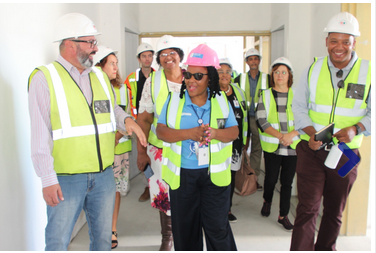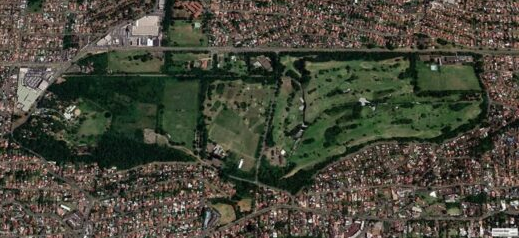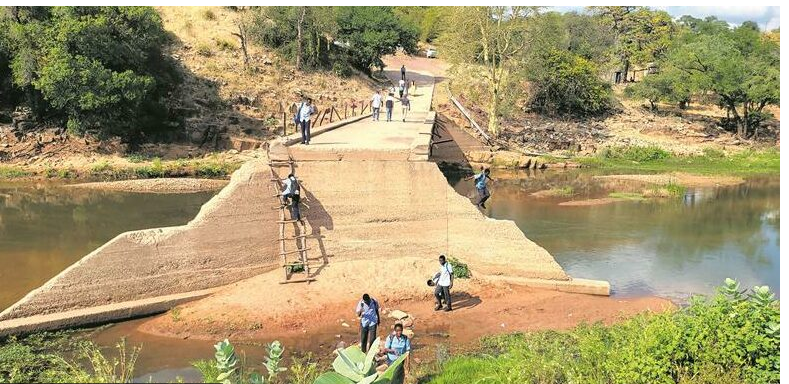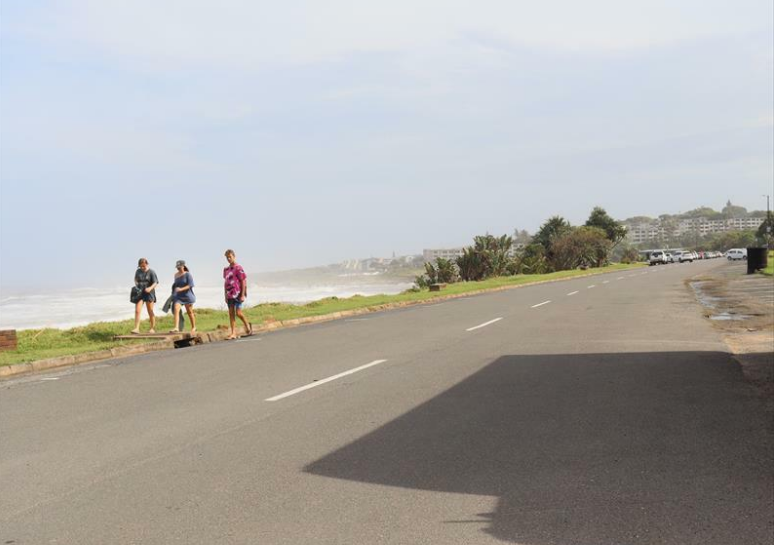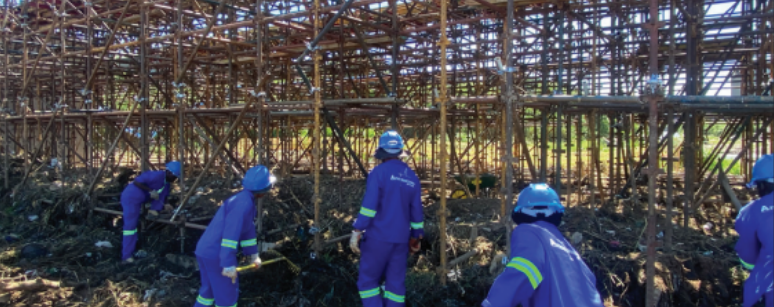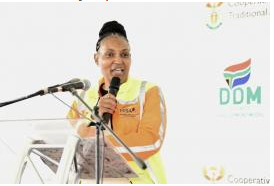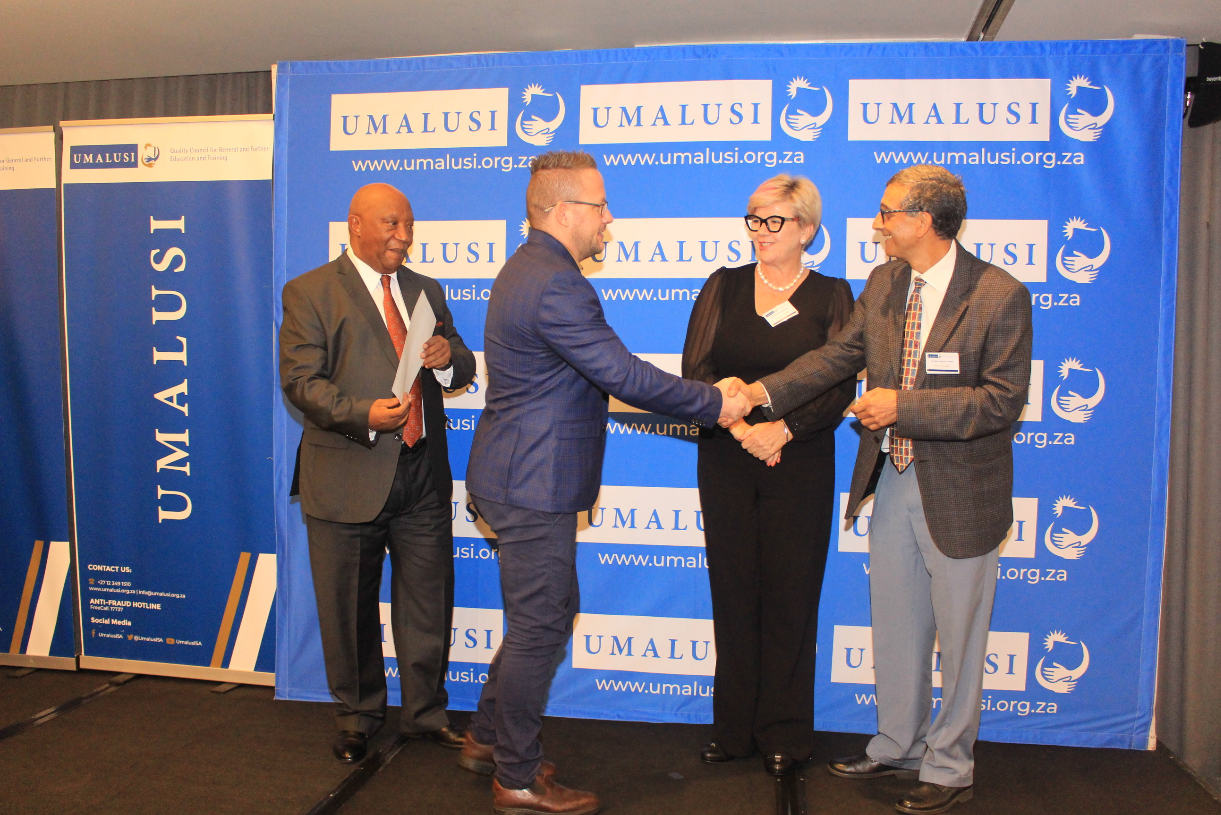Basil Read CEO foresees revival of the company

29-06-2020
Read : 539 times
Moneyweb
Source
Basil Read chief executive Khathutshelo ‘K2’ Mapasa foresees the listed construction group resurrecting itself from the dust, turmoil and uncertainty of its current business rescue process and returning to its former glory.
“That is the reason why I have stuck around for so long. I believe this company can play a meaningful role in the trillions of rands of infrastructure the president [Cyril Ramaphosa] has been speaking about,” Mapasa said.
Basil Read Limited was placed under voluntary business rescue on June 15 2018 after in March of that year reporting a net loss after tax of R1 billion for its 2017 financial year.
“We want to continue after we have dealt with our financial problems and the things that have caused us financial stress. Unlike Group Five, we are not trying to wind up the business,” Mapasa added.
Mapasa is hopeful that by the end of this year the business will be out of business rescue, adding that Basil Read has in the past 18 months repaid more than R100 million in post business rescue commencement loans.
“There is enough in the claims for us to start coming good with our creditors both post and pre-business rescue,” he said.
However, Mapasa stressed the only time the business will be able to come out of business rescue is if it repays the post business rescue commencement finance it raised and concurrent creditors.
Options
Mapasa said they are also looking at other means to come out of business rescue, such as “maybe getting a new investor or new funding to get us out of rescue”.
Mapasa said the Basil Read group, including its mining services, developments and construction businesses, now have about 1 000 employees compared to almost 4 000 previously.
He said the construction subsidiary is the only business that has gone into business rescue and its headcount had declined to less than 200 compared to almost 2 600 people previously.
Mapasa said the plan is to rebuild Basil Read from scratch.
David Metelerkamp, senior economist at construction market intelligence firm Industry Insight, expressed surprise at Mapasa’s view.
Metelerkamp said the only upside for the construction industry in the next few years will be civil construction projects from government, adding there will not be any private building work.
Read: Is SA heading toward life without a construction sector?
“There is scope for its revival on the civil side. But in the general macro-economic environment, there is so much uncertainty because of the state of the fiscus, which means the government has to substantially cut its expenditure. I’m quite certain South Africa is heading for a debt crisis if it doesn’t,” he said.
Tarnished
An analyst who did not want to be named said it will be difficult to revive Basil Read because its name and reputation has been tarnished by going into business rescue.
The analyst doubts Basil Read will be able to find a bank or guarantor to back the company while clients are likely to be wary of contractors who were in business rescue and do not have strong balance sheets.
Basil Read, in an update on its business rescue proceedings released last week, said there are three construction contracts that are still active compared to 27 contracts at the beginning of rescue proceedings.
It said the majority of the contracts have been completed, ceded or descoped amicably, with only four contracts terminated.
It added that the aggregate contingent liability in the form of performance and retention guarantees has been reduced to R264.8 million from R1.1 billion at the beginning of the rescue proceedings.
‘Better than liquidation’
It said the business rescue practitioners still believe a full implementation of the business rescue plan will achieve a better result than a liquidation and the implementation of the plan continues.
However, Basil Read said the effect of the plan at group level remains uncertain until its implementation is completed.
Mapasa said the mining services and development subsidiaries are continuing to do business but have obviously been impacted by both the rescue of the construction business and Covid-19.
He said the three remaining active construction contracts are the Rosetta Water Treatment Works project for Umgeni Water in KwaZulu-Natal, a contract for miscellaneous buildings at Medupi Power Station for Eskom, and the Olifants River water resource development project for the Trans Caledonian Water Agency.
Mapasa said there has been at least a two-month delay in completing these projects because of the Covid-19 lockdown but they are aiming to finish all these projects by November.
He said the aggregate R264.8 million contingent liability in the form of performance and retention guarantees relates to the three remaining active contracts plus other contracts.
Claims
For instance, Basil Read is involved in four contracts at Medupi Power Station for Eskom, one of which is the active construction contract plus three where the company is finalising the final account and administrative process to get the performance certificate signed so the guarantees can be released, he said.
Basil Read continues to pursue about 13 contract claims, all with government departments or entities, with a total value of more than R400 million.
“I am reasonably confident about some of the claims. Some claims involve litigation to seek payment of certificates that have been signed,” said Mapasa.
“The courts in the past have found that a signed certificate is a liquid document. We have received a recent ruling in our favour with one of our South African clients to the same effect. The client had been holding onto a signed certificate that goes back to April 2018,” he said.
Mapasa said there are a number of companies that have taken the government to court because of the non-payment of signed performance certificates.
“It’s a bit comical to me when the government says it pays suppliers and service providers within 30 days when I’m sitting here with hundreds of millions of rand that is stuck in that process because somebody is just not processing any of the payment certificates that are due,” he said.
Mapasa added Basil Read has declared a dispute related to the St Helena airport contract, which was terminated by the client, but it has not yet matured to such an extent that it can be referred to the dispute adjudication board.
Although the business rescue plan anticipated Basil Read’s mining services business being sold, Mapasa now doubts this will happen in the current environment.
“Covid-19 has turned everything upside down. You just have to look at the Eqstra-Bidvest deal that has collapsed and at the Tongaat-Barloworld deal that has also collapsed.
“I don’t see people buying assets at this point because of Covid-19. For me, I think we should spend time pursuing the claims in order to repay the creditors. That, to me, is the best we can do,” he said.
Trading in the shares of Basil Read was suspended in June 2018.
Recent News
Here are recent news articles from the Building and Construction Industry.
Have you signed up for your free copy yet?
